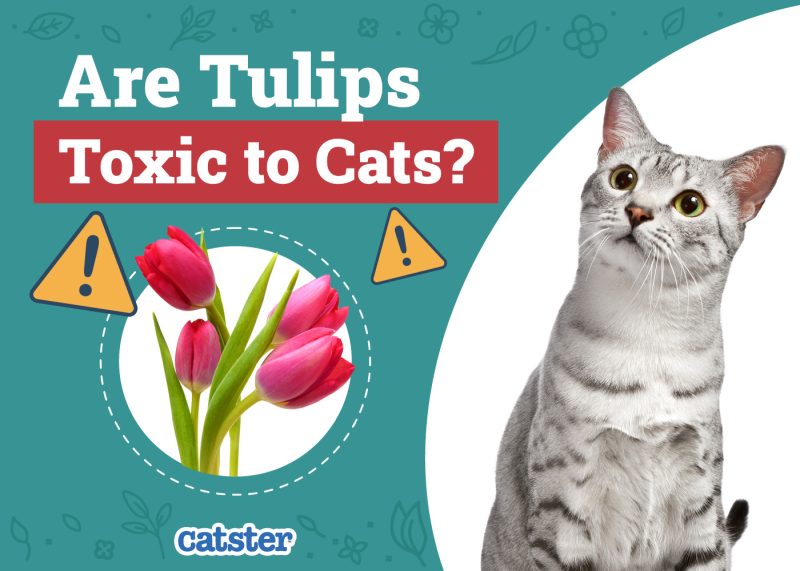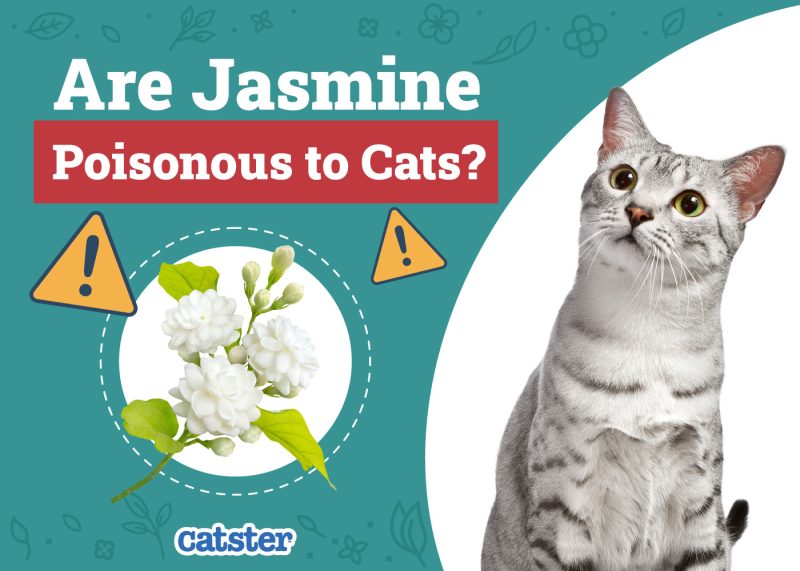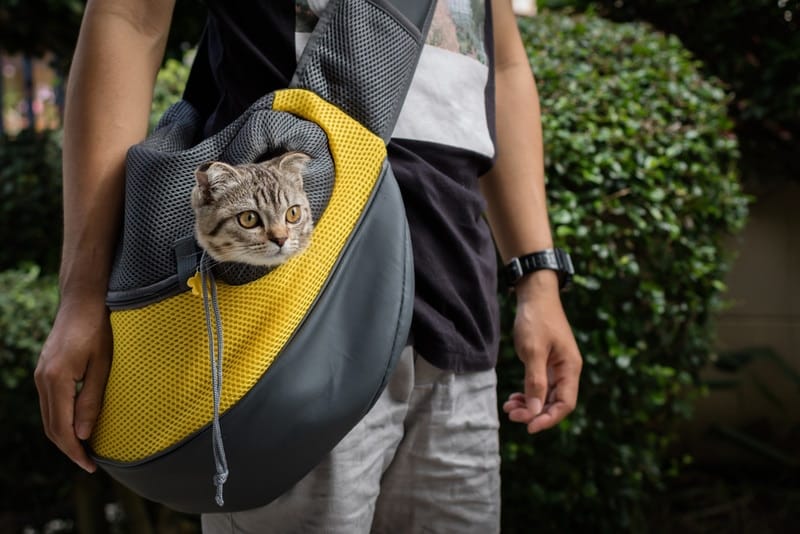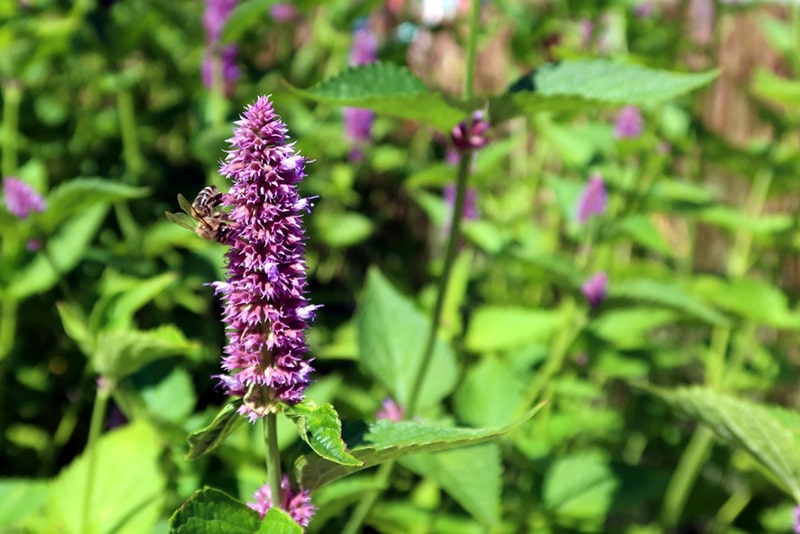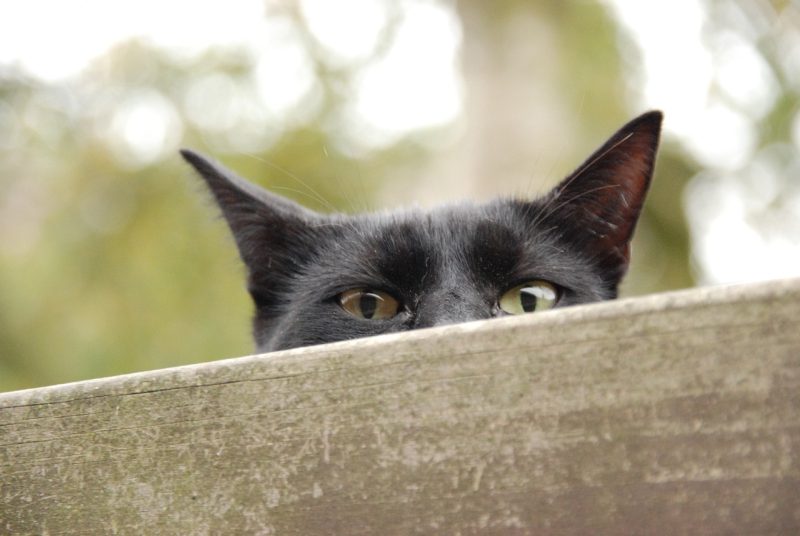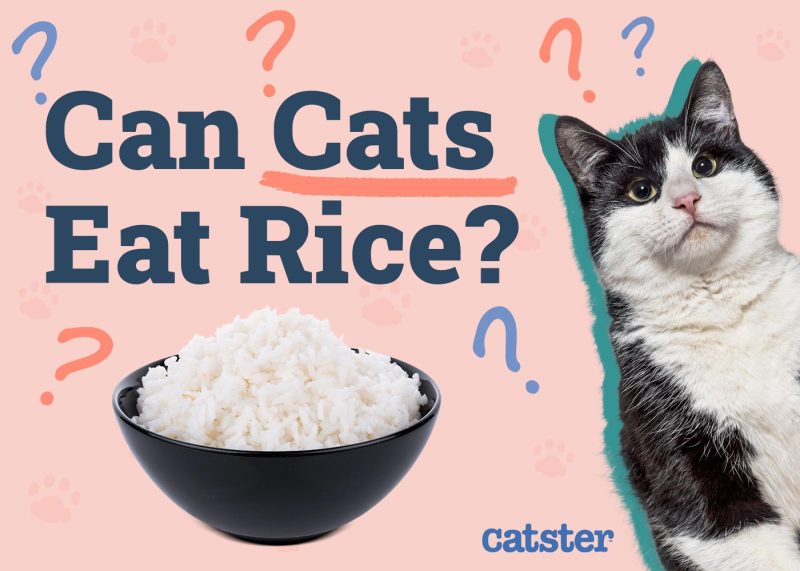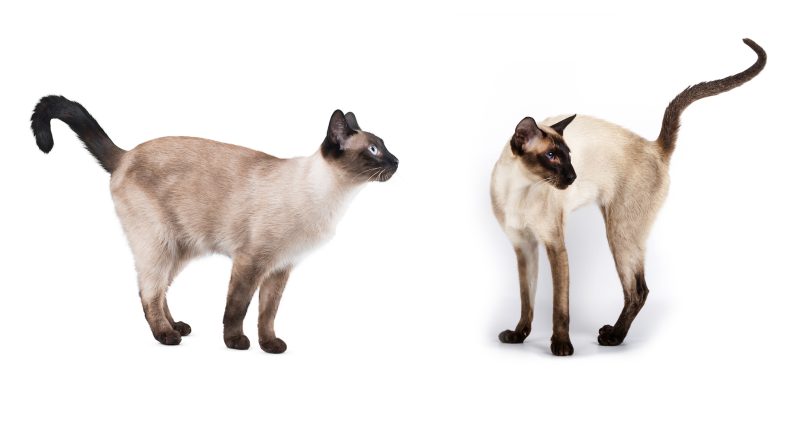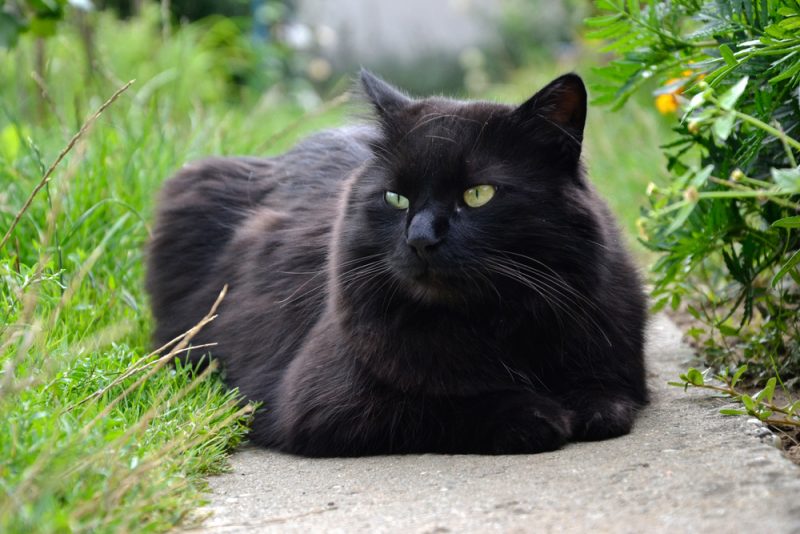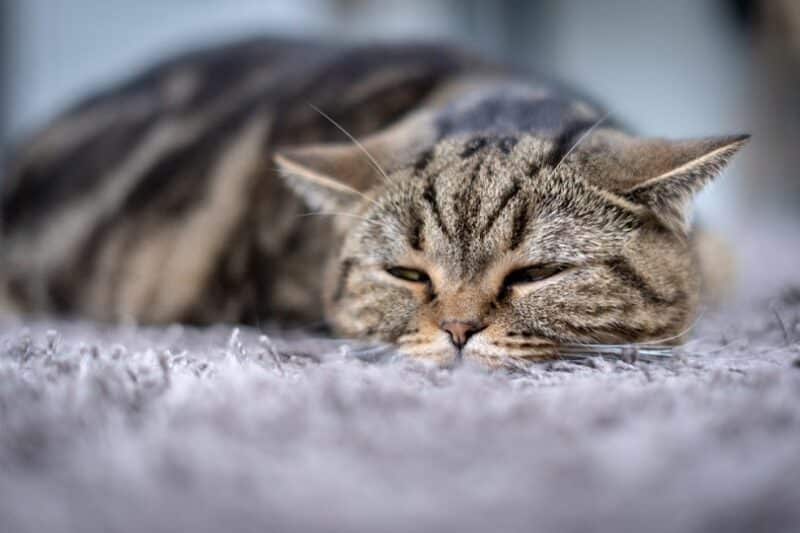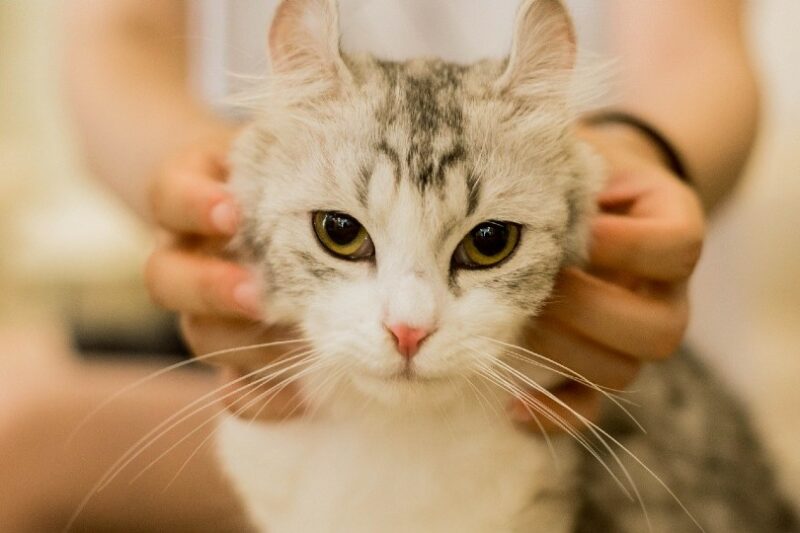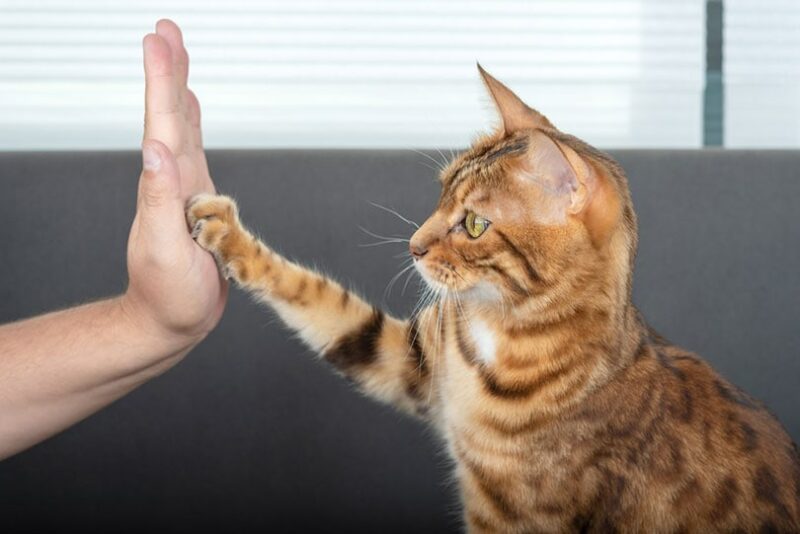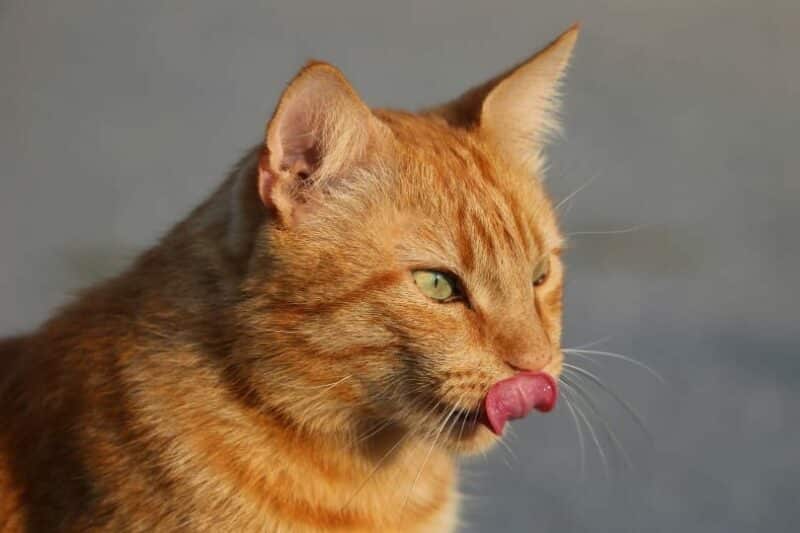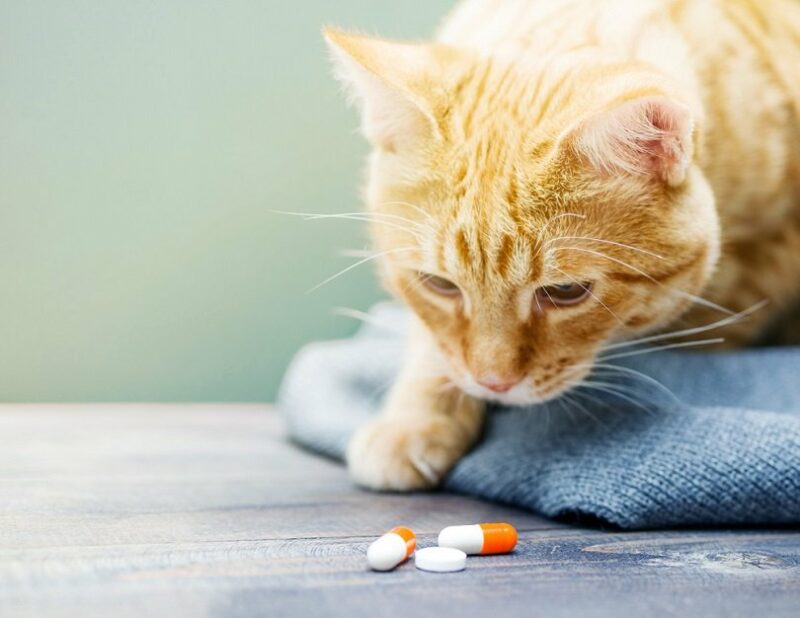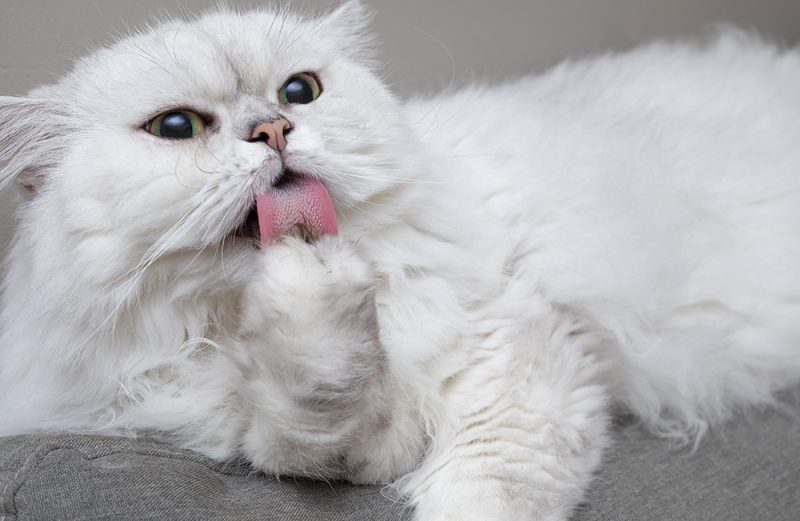Tulips are beautiful flowers, so there is no question why they are so popular. They are common inside and outside. Many cut flower bouquets include tulips, for instance. However, tulips are toxic to cats and many other pets.
Because flowers do not stay alive forever, the petals will drop. These petals are very easy for cats to nibble on. For this reason, they are often easier for cats to get ahold of than other household plants, which makes them all that more dangerous.
When it comes to tulips and cats, it is important to know the facts. In this article, we’ll take a look at why tulips are poisonous to cats, as well as what to do if your feline ends up eating some. For the purpose of this article, we are referring to tulips, with the scientific name Tulipa spp., belonging to the family of lilies or Liliaceae.

Are Tulips Toxic to Cats?
Tulips are toxic because they contain tulipalin A and tulipalin B. These compounds are present in all parts of the tulip plant, being highest in the bulb or the actual root, with the lowest amount in the stem, leaves, and flowers. All of these parts can cause signs of illness in your cat if ingested or if they come into contact with the mouth. The severity of signs depends on the part of the plant and the amount your cat eats. The petals of the flowers may be more likely to gain interest from your kitty, as they fall off as the flower ages. However, the leaves and stems are also toxic, though in larger amounts.
Tulips are on the list of plants that are poisonous to cats, which means they have a direct and severe harmful effect on your kitty’s health. Without prompt treatment, depending on the amount and part of the plant they may have eaten, they will fall seriously ill and may have life-threatening signs, such as difficulty breathing, cardiac arrhythmias, and even coma.

Tulips and Cats: Signs of Poisoning
If your cat eats a tulip, they will likely develop signs of toxicity very quickly. The severity of their signs will depend mainly on how much they eat and which part of the plant they came into contact with, as the toxic concentration differs between various parts, as discussed above. It only takes a little bit to put cats in a very serious situation.
It is essential to get your cat to the vet if you have seen them nibbling or eating a part of a tulip plant, or even if you just suspect they have done so. Do not wait for the signs of toxicity to start, as it will make your cat very sick, and it is important to start the treatment before the toxins take effect in the body. This can get serious very quickly.
If you need to speak with a vet but can't get to one, head over to PangoVet. It's an online service where you can talk to a vet online and get the advice you need for your pet — all at an affordable price!

The most common signs are drooling, diarrhea, reduced appetite, depression, and vomiting. These are usually present when a smaller amount of toxin is ingested, but they can progress further and cause more severe signs..
Next, your cat may develop a rapid heart rate, labored and fast breathing, irregularity in the heart rhythm (cardiac arrhythmias), abdominal pain, tremors, seizures, and coma. These signs are present when a larger amount of the plant is ingested or if the bulb part is the culprit, as it contains the highest amount of the tulipalin toxin. If left untreated or not attended to in time, these signs may lead to death.

Tulips and Cats: Poisoning Treatment
When your feline sees the vet, their treatment will depend mostly on how long it passed since the cat ate parts of the tulip plant and what signs your cat may have already developed.
Vet-Assisted Induced Vomiting
If the cat has just eaten it now and you are able to get them to your vet urgently before they start showing any signs of toxicity, your vet will attempt to induce vomiting in order to get rid of the majority of the plant that is still in the cat’s stomach. There is a limit to success of such treatment, but it may help to expel some of the toxins, as cats don’t vomit as easily when administered emetics, or drugs meant to make them sick, unlike dogs.
Gastric Lavage
Next, your vet may consider or recommend gastric lavage, which is similar to stomach pumping in humans and done under general anesthetic in order to empty the stomach and flush it, particularly if your cat has eaten a very large amount of the plant. This way, they will greatly reduce the chances of harmful and severe signs from hopefully even occurring in the first place. Your vet will recommend it if they feel this step is necessary, like if they cannot safely make your cat vomit.
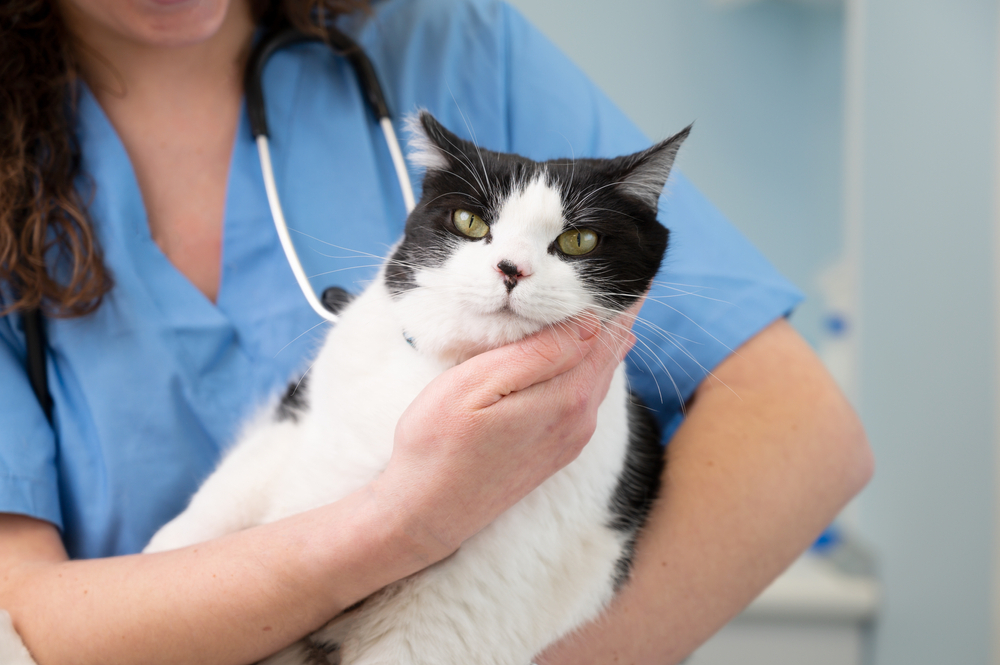
Intravenous Fluid
If your cat is already showing signs of toxicity or the induction of vomiting was not successful, the next step in the treatment plan is to provide your cat with intravenous fluids so that they do not become dehydrated and to manage any of their signs. The gastric upset will cause vomiting, which can result in severe liquid loss. Furthermore, flushing your cat’s system with intravenous fluid can support them if they are not feeling like eating and will help in flushing the toxins out of the body through increased peeing, as well as help support organ functions.
Activated Charcoal
Your cat may also be given activated charcoal. This will prevent any more of the poison from being absorbed from the digestive tract into the cat’s bloodstream, which will prevent their condition from getting worse. However, this is only helpful if there is likely more toxin in their stomach and if they are well enough to swallow. Charcoal can also be administered through a feeding tube or during the gastric lavage process. It depends on when they ate the tulips, to begin with.
Tulip poisoning is usually not deadly if treated urgently, but it will also depend on the amount of toxin ingested and the cat’s overall health. Very young or older cats, those with underlying health issues and pre-existing organ disease, or of a much smaller body weight may be more severely affected.
Your vet will need to monitor their fluid levels and electrolytes, as dehydration may be quite severe in some cases. Your vet may need to keep your feline overnight or even for a few days to continue IV fluids. This may be necessary until your cat is eating and drinking and no longer vomiting or experiencing diarrhea or any other heart and breathing difficulties or neurological signs.

Conclusion
All parts of a tulip plant are poisonous for your cat, with the bulbs being most dangerous. It’s best not to keep any tulips or the bulbs in your house or garden if you have a cat, as the risk of them nibbing at the plant out of curiosity is quite high. If, however, your cat managed to get to a tulip and has eaten parts of the plant, or if they are experiencing any signs of illness, contact your vet urgently. The signs of toxicity can worsen quickly and be life threatening if not treated in time.
Featured Image Credit: Anelka from Pixabay
